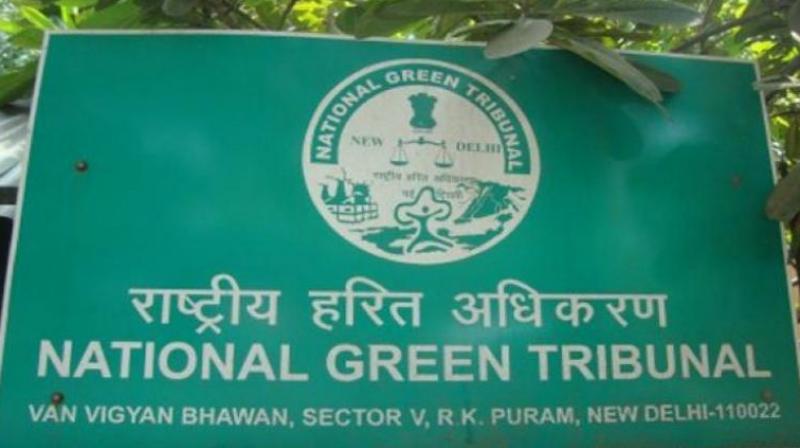Yettinahole won’t quench thirst but will destroy environment
The project proposes the diversion of water from Yettinahole to Ramanagara, Kolar, Chikkaballapura, Hassan and Bengaluru rural districts.

The National Green Tribunal's decision to allow the Yettinahole river diversion project to go-ahead, has the greens in a predictable rage. However, the move has found the support of two major political parties - the BJP and the Congress. The project proposes the diversion of water from Yettinahole to Ramanagara, Kolar, Chikkaballapura, Hassan and Bengaluru rural districts.
The Yettinahole project could lead to serious environmental concerns, says a 2015 report from the Indian Institute of Science. The report, titled, Environment Flow Assessment in Yettinahole: Where is 24 TMC to divert, has been authored by Dr T.V. Ramachandra, Vinay S and Bharath H. Aithal. The report says that the project, if implemented, would deprive the local people of their right to water under Article 21 of the Constitution of India.
“Yettinahole diversion project will not help either the people living in arid regions in Karnataka (Chikballapur, Kolar, Tumkur) or local people in Gundia river basin. Those who reside around the Yettinahole catchment would be deprived of their right to water, while people in the arid regions would only get to see dry canals, etc. Implementation of the project would lead to water scarcity in Hassan and Mangalore, and will not benefit Chikkballapur, Kolar, etc. Livelihood of those living around the Yettinahole and Gundia catchments would be severely affected due to a decrease in agricultural and fisheries yield, similar to the residents of Nellore district with the implementation of Telugu-Ganga project.”
According to the 2015 report by the High Level Working Group in Western Ghats (HLWG), Yettinahole falls under the Ecological Sensitive Zone (ESZ) and as per the recommendations there shall be no developmental activities.
Kshitij Urs, faculty at the National Law School of India University, Bangalore, says the NGT has not lived up to the true spirit of the Act. The Yettinahole project is a shining example of how they have gone wrong. The Supreme Court must stop the project and the petitioners have made it clear that they will appeal at the apex court.”
